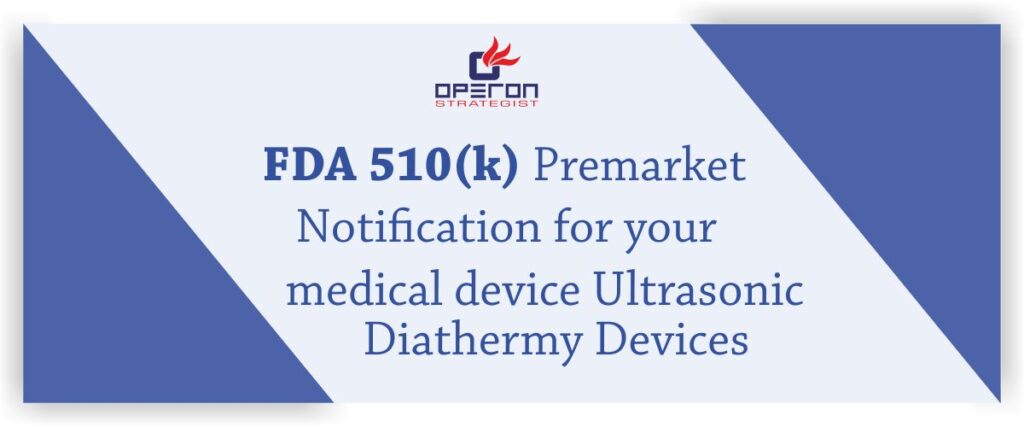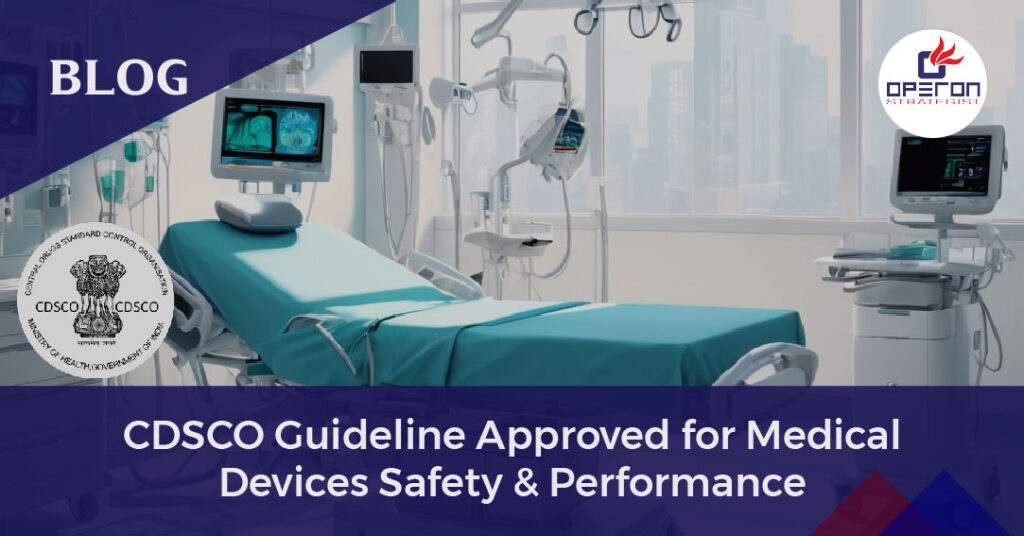Introduction to Clinical Trial
Conducting a clinical trial is a pivotal step in the development of any medical device. A successful trial ensures the device’s safety and effectiveness, facilitates regulatory approvals, and builds credibility with healthcare providers and patients. However, Clinical Trial Management for medical devices is a complex and resource-intensive process that leaves no room for error.
Unfortunately, many companies—especially startups and small manufacturers—encounter significant setbacks due to avoidable mistakes in trial planning, execution, and reporting.
Looking For a Medical Device Regulatory Consultant?
Let’s have a word about your next project
Common Pitfalls in Clinical Trial Management
1. Inadequate Planning and Protocol Design
The Mistake:
One of the most fundamental errors in clinical trial management is failing to invest sufficient time and expertise in the planning phase. This often includes poorly defined endpoints, insufficient sample sizes, or unrealistic timelines. A weak protocol can result in non-compliance, inconclusive data, or even regulatory rejection.
How to Fix It:
- Engage experienced clinical research professionals early in the planning phase.
- Define clear primary and secondary endpoints based on the intended use of the device.
- Use biostatistical analysis to determine appropriate sample sizes.
- Develop a feasible and detailed project timeline with buffer periods.
- Align your protocol with relevant standards like ISO 14155 and the expectations of regulatory bodies like the FDA or EU MDR.
2. Neglecting Regulatory Requirements
The Mistake:
Some companies move forward with trials assuming that regulatory approval is a post-trial concern. This often leads to noncompliance with requirements such as Institutional Review Board (IRB) approval, informed consent, or proper classification of the device.
How to Fix It:
- Start with a regulatory gap assessment to understand the trial requirements specific to your device class and market (e.g., FDA’s IDE for investigational devices).
- Prepare and submit required documentation to ethics committees and regulatory authorities before trial initiation.
- Include regulatory consultants in your team or hire specialized service providers with expertise in medical device trials.
3. Inadequate Site and Investigator Selection
The Mistake:
Choosing trial sites or investigators without proper vetting often leads to delays, protocol deviations, or data quality issues. Sites lacking prior experience with medical device trials may struggle with device usage, documentation, or compliance.
How to Fix It:
- Evaluate potential sites based on their experience with similar devices, patient recruitment capacity, and track record in clinical research.
- Provide comprehensive training on device usage and study protocol.
- Maintain consistent communication and support throughout the trial.
4. Poor Data Management Practices
The Mistake:
Manual data entry, inconsistent data formats, and lack of real-time monitoring can compromise data integrity. Many companies still rely on outdated systems or overlook the importance of proper documentation.
How to Fix It:
- Use an Electronic Data Capture (EDC) system with audit trails and validation checks.
- Implement standardized Case Report Forms (CRFs).
- Ensure real-time data monitoring and source verification to catch and correct errors early.
- Train site staff and monitors on Good Clinical Data Management Practices (GCDMP).
5. Lack of Risk Management Throughout the Trial
The Mistake:
Ignoring potential risks—such as adverse events, protocol deviations, or supply chain issues—can derail a trial. Many organizations wait until a problem arises to formulate a response.
How to Fix It:
- Conduct a risk assessment during the planning phase and update it throughout the trial.
- Develop contingency plans for critical risks, such as device malfunction or investigator turnover.
- Establish reporting procedures for adverse events and safety signals.
- Use a Clinical Trial Risk Management Plan aligned with ISO 14971 principles.
6. Delayed or Incomplete Reporting
The Mistake:
Some sponsors fail to compile data into a usable format for regulators, delaying approval or necessitating repeat trials. Others miss reporting deadlines entirely, resulting in penalties or loss of credibility.
How to Fix It:
- Use standardized templates for Clinical Study Reports (CSRs).
- Assign dedicated medical writers and statisticians to the reporting phase.
- Track timelines using project management tools and set internal deadlines ahead of regulatory ones.
- Submit interim reports when necessary to demonstrate progress.
7. Lack of Post-Trial Follow-Up
The Mistake:
Sponsors often treat the end of data collection as the end of the trial. However, regulators may require long-term follow-up, especially for implantable or high-risk devices.
How to Fix It:
- Plan for post-market surveillance and follow-up visits as part of your clinical strategy.
- Communicate with trial participants about follow-up expectations during the consent process.
- Collect and analyze long-term safety and performance data as part of ongoing risk evaluation.
Get Expert Trial Support
Role of Operon Strategist
At Operon Strategist, we support medical device manufacturers through every stage of Clinical Trial Management. From designing regulatory-compliant protocols to managing trial execution and documentation, we ensure your clinical studies meet FDA and international standards.
Our related services include:
- Regulatory Strategy & Submissions (FDA, EU MDR, CDSCO)
- ISO 14155 Clinical Trial Support
- Medical Device Design & Development Documentation
- 510(k) and PMA Consulting
- Post-Market Surveillance & Risk Management
With deep expertise in global regulatory pathways and turnkey project execution, Operon Strategist helps you avoid trial pitfalls and accelerate market entry with confidence.
Need help with clinical trial management for your medical device?
Get in touch with our regulatory experts at Operon Strategist and ensure your clinical trials are conducted with precision, compliance, and efficiency.




